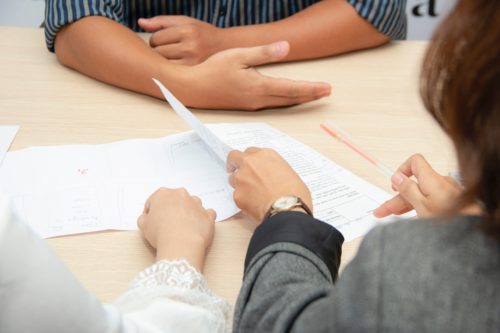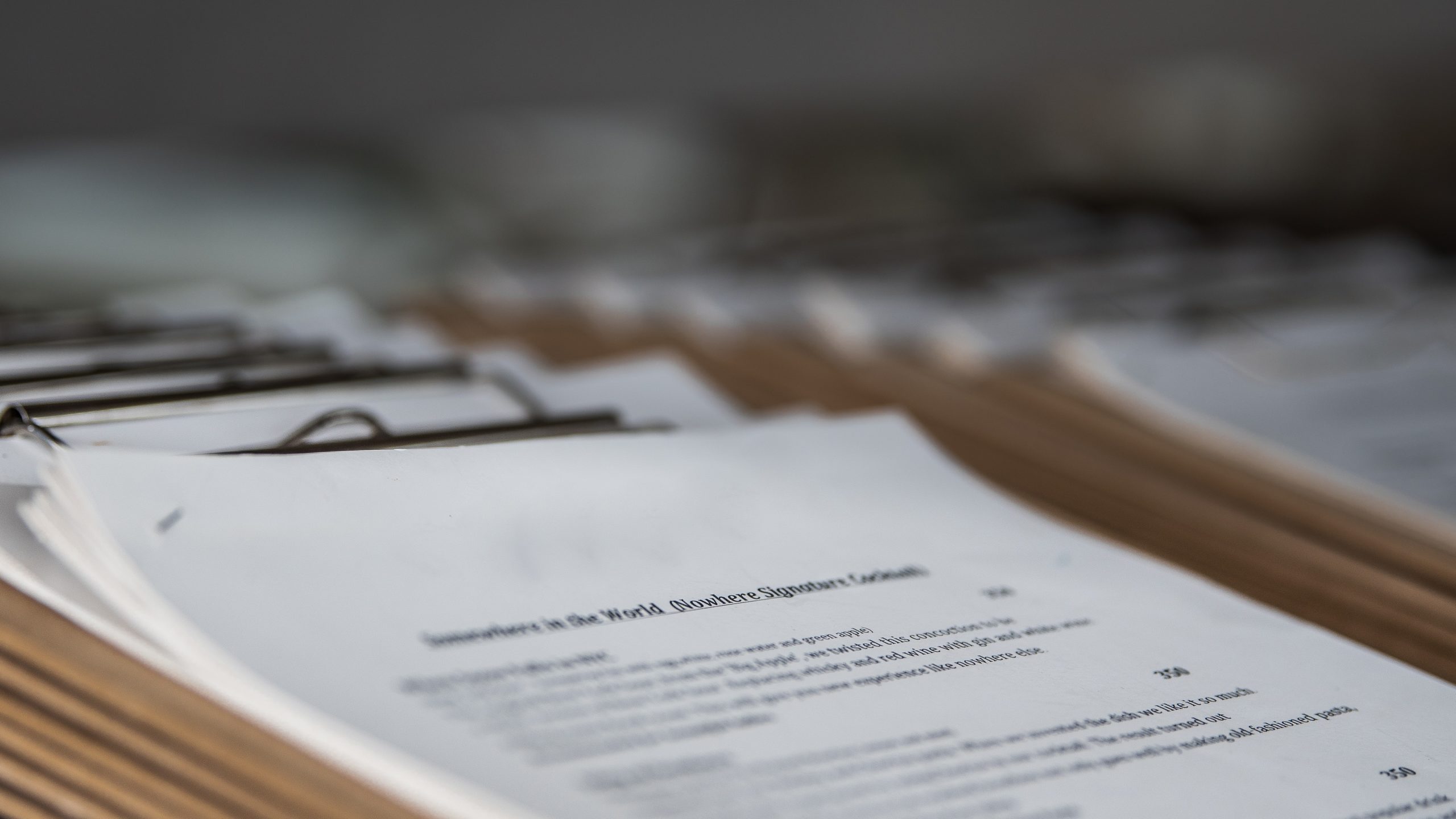Are you considering filing a personal injury claim for an accident that has left you injured? If so, you should document your injuries to help make sure that you receive the compensation you may be entitled to. When creating a personal injury claim, you are able to prove the extent of your damages and injuries. Read on to know more!
Seek legal counsel from a personal injury attorney if necessary
Whether you’ve been in a car accident, hurt on the job, or suffered from a slip and fall, the effects can be devastating both financially and physically. A personal injury attorney like the Richard Harris Personal Injury Law Firm can guide you through the legal process, help you understand your rights, and ensure that you receive the compensation you deserve. With their expertise, they can navigate the complex maze of insurance companies, medical bills, and legal jargon to help you achieve the best possible outcome. So, if you find yourself in need of legal advice for a personal injury, don’t hesitate to seek the help of a qualified attorney.
Understand the different types of documents to support your personal injury claim
When it comes to making a personal injury claim, having the right documents is crucial. There are many different types of documents that can support your claim, and understanding what they are can make the process smoother and more successful.
Police reports
If you were in an accident and police were called to the scene, a police report should be available. This document includes statements from witnesses, vehicle information, and other pertinent details. It can be used as evidence to prove fault in an accident, helping to determine who was at fault and what type of compensation may be due.
Reports from insurance companies
Insurance companies will typically provide personal injury reports. These documents contain information about the accident, including what type of medical treatment was needed, whether or not a settlement has been reached, and any other pertinent details.
Medical bills and records
Medical bills and records are necessary for your personal injury claim as they provide documentation of the treatment you received for your injuries. This includes doctor’s visits, prescriptions, physical therapy, and any other medical care you received as a result of the accident.
Statements from witnesses
Witness statements can be important for establishing fault in an accident. If anyone saw what happened or has information about your injury, it’s a good idea to get a written statement from them.
Document all injuries and treatments received
It’s always better to be safe than sorry. That’s why you should document everything with photographs, medical records, and doctor’s notes. These documents serve as valuable evidence that can be used in various circumstances, such as insurance claims, legal proceedings, and future medical consultations. By maintaining a detailed record of all injuries and treatments, you can protect yourself and ensure that you receive the appropriate level of care. Remember, even seemingly minor injuries can have serious consequences down the line, so never underestimate the value of keeping a comprehensive record.
Keep a detailed journal of the negative impacts caused by your injuries
When dealing with injuries, don’t forget to keep track of not only your recovery progress but also any negative impacts your injuries may have on your daily life. By keeping a detailed journal, you can remember important details and keep track of any patterns that may emerge. For example, you may notice that certain activities cause increased pain or that you are unable to sleep well due to discomfort. You can work on these negative impacts with healthcare professionals to develop a more effective treatment plan.
Additionally, this journal can serve as a record for any legal or insurance purposes should you need it in the future. Overall, taking the time to document any negative impacts caused by your injuries can have a significant impact on your overall recovery journey.
Take note of witnesses that might be able to corroborate your case
When building a strong case, gather as much evidence as possible. One important piece of evidence can be the testimony of witnesses. These are people who saw or heard something related to your case and can provide valuable corroboration. When identifying potential witnesses, think about anyone who may have been present at the time of the incident, including friends, family members, or bystanders. Reach out to them as soon as possible, as memories can fade over time. By obtaining their testimony, you can strengthen your case and improve your chances of a favorable outcome.
Create an organized file to store any evidence related to the injury
If you’ve experienced an injury recently, properly document any evidence that might be related. This can include photos, medical bills, insurance forms, or anything else that might support your case. One way to stay organized is to create a file specifically for this purpose.
Whether you’re dealing with a personal injury case or a workman’s comp claim, having all of your evidence in one place can save you time and headaches down the road. Consider keeping electronic copies of all documents as well, since physical copies can easily get lost or damaged. With a little bit of effort upfront, you can make sure you’re prepared for whatever might come up during the legal process.
See a doctor right after the accident
No matter the severity of your accident, always seek medical attention immediately afterward. Even if you don’t feel any immediate symptoms, there may be injuries that you are unaware of which could worsen over time. Moreover, a doctor’s report can serve as evidence in court or insurance proceedings and should not be overlooked.
Additionally, receiving a timely diagnosis can save you time and money in the long run. It could help you avoid unnecessary treatments or even surgeries and provide access to the compensation that you may be entitled to.

As demonstrated in this blog post, there are many components to assembling a successful case. It is essential to remain organized and have documents on hand such as photographs of injuries, medical records, doctor’s notes, witness statements, and any other pertinent information. What this means is that you should start building up your case as soon as possible following an accident. That way, when it’s time to present your argument before the judge or jury, they can be presented with an overwhelming amount of evidence that suggests the severity of your personal injury claim. With capable legal representation and comprehensive documentation of your injuries, you stand a good chance of having justice served.

